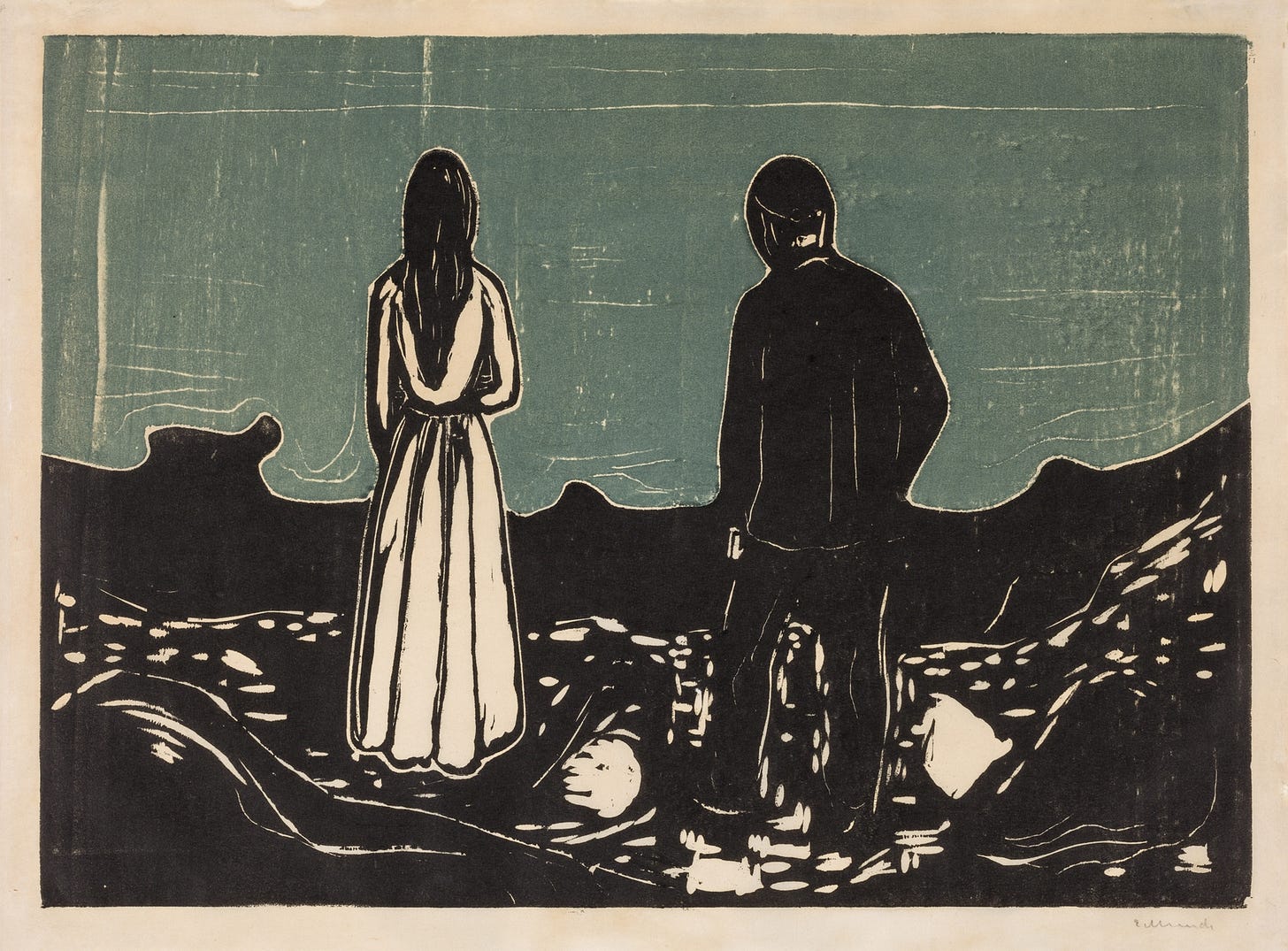Editor’s note: In the Wisdom of Crowds spirit of engaging with the deep differences (which you can read about here), we are thrilled to publish an essay by guest contributor Chris R. Morgan, who is making his first appearance on our pages.
In his essay, Chris advances an unlikely thesis: that lone…





